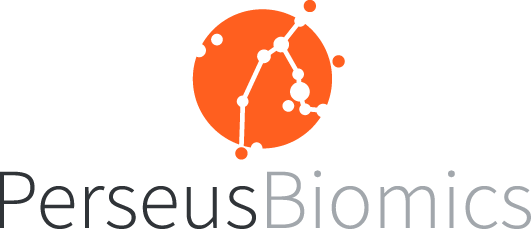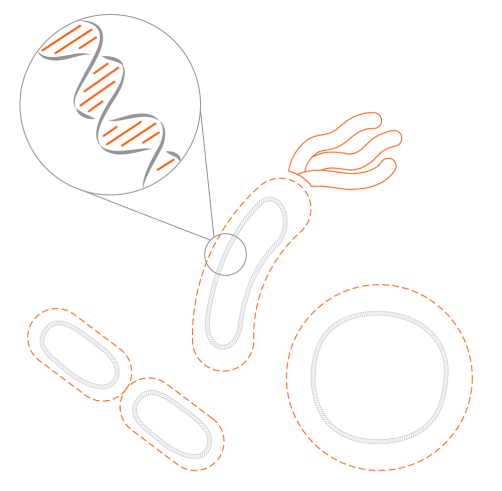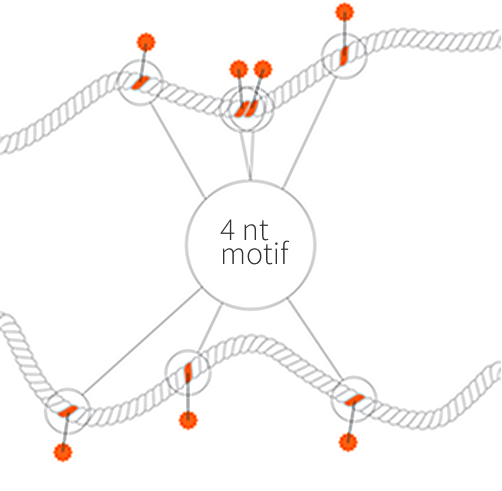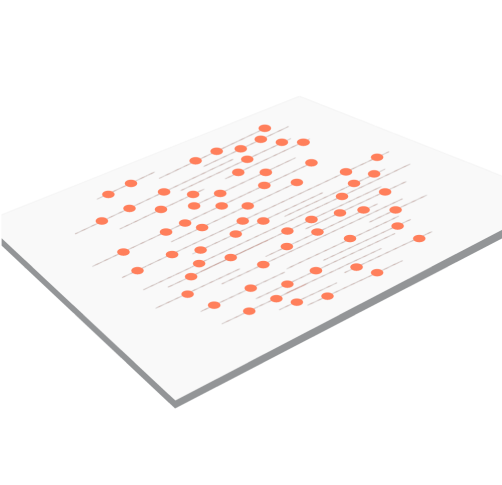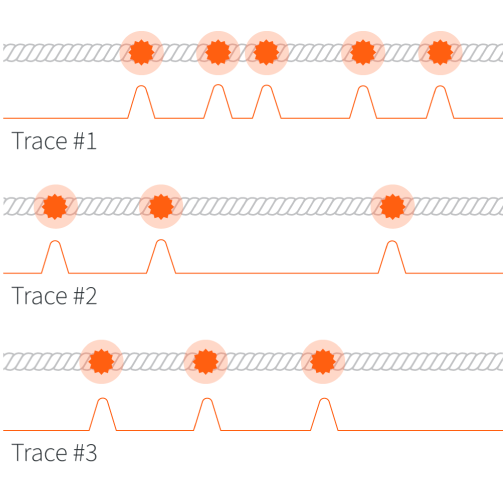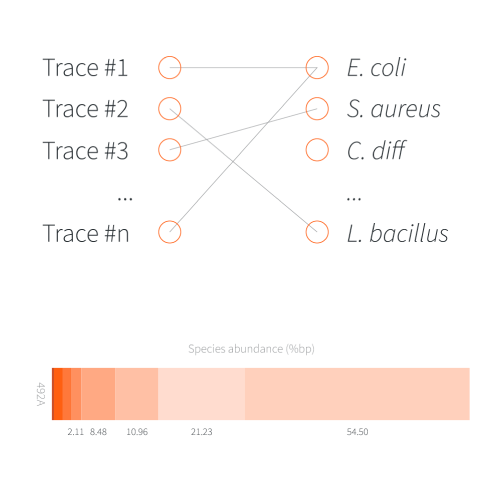DynaMAP™ Technology -
Precision in Metagenomics
DynaMAP is a microbiome profiling technology that delivers strain-resolution > 99.5%ANI, providing ready-to-interpret results without requiring expert bioinformatics.
Its amplification-free approach, high sensitivity and specificity enable precise identification and quantification of microbial strains, making microbiome profiling more accessible and actionable than ever.
Unbiased Profiling
Ensures accurate microbiome insights by eliminating amplification bias and preserving native microbial composition.
High Specificity
Achieves ANI > 99.5% strain resolution using HMW DNA and high-density fluorescence labeling for precise microbial identification.
High Sensitivity
Detects microbes at 0.1% relative abundance, enabling precise strain-level quantification in complex microbiomes.
Precision Microbiome Profiling for Your Business
Strain monitoring plays a vital role in advancing personalized nutrition, biotics & food development, epidemiology, and precision medicine.
Yet, challenges in microbiome analysis persist:
Low Resolution – Difficulty differentiating closely related strains.
Sensitivity Issues – Missing low-abundance microbial populations.
Data Overload – Complex outputs that require expert interpretation.
How DynaMAP™ works
DynaMAP enables high-resolution microbiome profiling through a streamlined five-step process:
Preparation of metagenomic DNA
Minimally biased extraction and purification of high molecular weight (HMW) metagenomic DNA from complex microbiome samples.
High density fluorocoding
Site-specific labelling of DNA molecules. The fluorescence patterns along DNA fragments >30kbp form taxonomic barcodes used for classification.
DNA combing and stretching
High-density DNA deposition on a DNA binding surface for optimal downstream single-molecule fluorescence readout.
Optical mapping
Highly parallelized optical mapping of the fluorescence signals (fluorocodes) along hundreds of thousands of individual DNA molecules.
Microbiome profiling
Signal matching of the fluorocodes to thousands of DNA traces from reference database for strain-level taxonomic classification and relative abundance profiling.
Watch our 2-minute on how DynaMAP works
A closer look at how high-resolution microbiome profiling is changing the industry.
DynaMAP™ Results
DynaMAP results leverage Perseus' proprietary, state-of-the-art database, and follow FAIR principles, ensuring seamless data integration, accessibility, and long-term usability.
FINDABLE - Optical maps are automatically uploaded to data repositories.
ACCESSIBLE - Results immediately accessible without the need for expert bioinformatic solutions.
INTEROPERABLE - Optical maps can be combined from multiple sources.
REUSABLE - Optical maps can be reclassified at any time.
When Precision Matters in Microbiome Analysis
High-resolution technologies provide clear, strain-level insights that drive better decisions in healthcare, nutrition, and research. Whether it's improving treatment success, accurately tracing outbreaks, or ensuring product integrity, detailed and reliable microbiome data is the foundation for trustworthy results and actionable outcomes.
DynaMAP™ Applications Across Industries
Personalized Nutrition – Enables timely monitoring of compliance with dietary recommendations and biotic supplementation.
Biotics Development – Provides precise strain identification to support R&D, product claims, and regulatory compliance, including EU requirements.
Functional Food Development & Monitoring – Detects contamination and verifies strain presence and stability to support quality control and regulatory compliance.
Precision Medicine – Enhances biomarker detection and patient stratification for optimized, individualized treatment approaches.
Perseus Biomics in the Spotlight: News & Updates
Watch our 2-minute DynaMAP technology video
Meet DynaMAP™ Technology
Get the latest insights into cutting-edge microbiome profiling. Download our Profiling Report and DynaMAP White Paper to see how precision, high sensitivity, and specificity come together to advance microbiome research.
